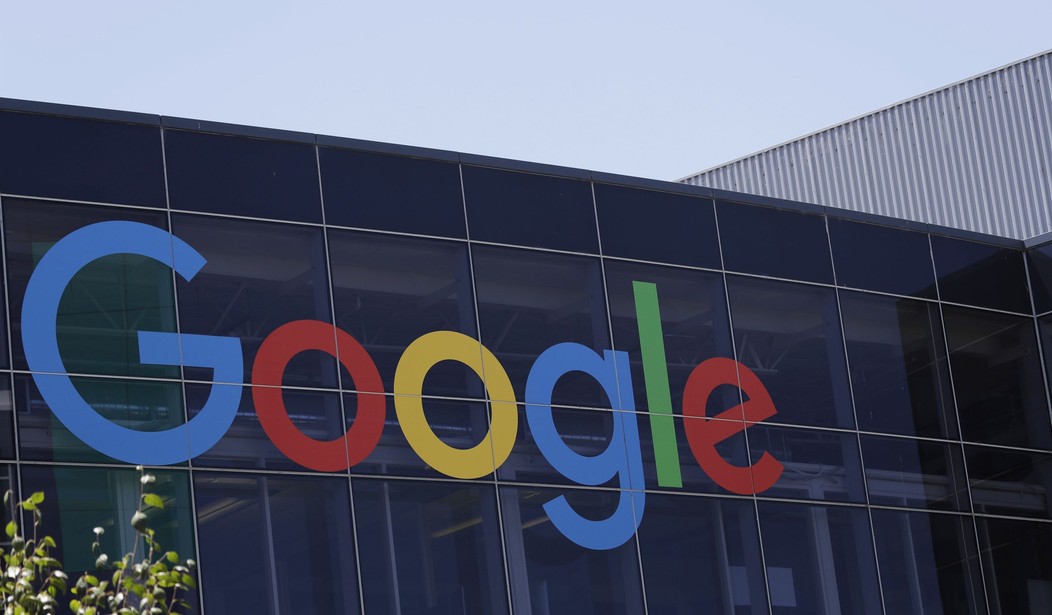Antitrust laws are some of the most powerful legal tools that the government possesses to intervene in private industry, which is why they’re often touted as a miracle cure for concerns about the power of “Big Tech.” But competition policy hawks like Senator Amy Klobuchar are quick to cite concerns about market concentration everywhere, including “pharmaceuticals, social media and digital technology, telecommunications, agriculture, online ticket sales, transportation, and more.” Too many of the uses lawmakers propose for antitrust, however, are in industries where a lack of antitrust enforcement isn’t the root cause of the problems they propose to solve.
Not all market concentration is the same, and contrary to the “big is bad” mentality of the progressive left (and some populist conservatives), not all market power is harmful. U.S. antitrust law is structured to protect competition, not competitors, and this consumer welfare standard properly focuses the enforcement agencies’ limited resources on intervening where anticompetitive practices harm consumers.
Yet, even where market concentration has occurred in a way that harms consumers through higher prices and reduced choice, antitrust may not be the solution they seek. The most recent hearing before the Senate Subcommittee on Competition, Antitrust, and Consumer Rights (of which Sen. Klobuchar is the Chair) focused its attention on hospitals, where there is a fairly broad bipartisan consensus that consumers face skyrocketing prices at least in part due to regional health care monopolies.
But as Senator Mike Lee, the ranking Republican on the Subcommittee, observed, “the largest drivers in hospital consolidation often come from government intervention.” The Cato Institute’s Michael Cannon elaborated on this point in his testimony before the committee, pointing out the staggering array of government dictates that distort the market, from laws requiring a “certificate of need” before health care facilities are allowed to expand, to “scope of practice” requirements that bar nurse practitioners and other professionals from administering services, to paperwork and electronic records mandates that raise the cost of care.
Recommended
Meanwhile, some of the authors of the Affordable Care Act (ACA), or Obamacare, openly claimed that one of the law’s benefits would be to “unleash forces that favor integration across the continuum of care.” It’s no coincidence that the period after the ACA’s passage in 2010 saw a rapid increase in both hospital mergers and acquisitions of private physician practices.
The same can be said for so many industries often cited as prime targets for antitrust -- agriculture, energy, financial services, airlines, pharmaceuticals -- all among the most heavily regulated and/or subsidized industries in our economy. Providing more resources for antitrust enforcement agencies will not be a lasting substitute for removing government barriers to competition in many of these industries in which a free market does not truly exist.
While hospitals were the subject of this recent hearing, most of the antitrust news these days is about so-called “Big Tech.” But in the tech space, which has largely avoided artificial government barriers against competition, even the most successful internet giants such as Facebook, Amazon, Google, and Microsoft face constant, fierce competition from each other and from thousands of competitors both large and small.
One need only observe the recent sale of such former titans of the internet economy as AOL and Yahoo for a mere $5 billion to be reminded that even tech giants fall when they fail to keep finding new ways to stay relevant to consumers.. Meanwhile, Internet Explorer, the web browser that was the primary subject of the massive antitrust case against Microsoft in the early 2000s, won’t even exist by next year, in part due to competition it has faced from others.
It’s often said of politics that there’s no such thing as a permanent victory, but it would be equally accurate to say that there’s no such thing as a permanent market position, especially in the tech space. Antitrust enforcement is but one tool in the government’s kit to promote consumer welfare. Lawmakers would do well to remember that very often the best way to promote competition that benefits consumers is to keep the government out of its way.
Josh Withrow is the Director of Technology Policy with the National Taxpayers Union Foundation, a nonprofit dedicated to tax and regulatory research and education at all levels of government.

























Join the conversation as a VIP Member